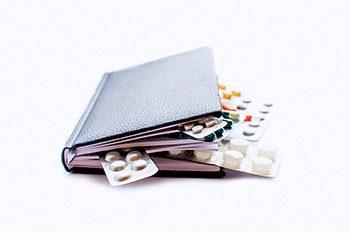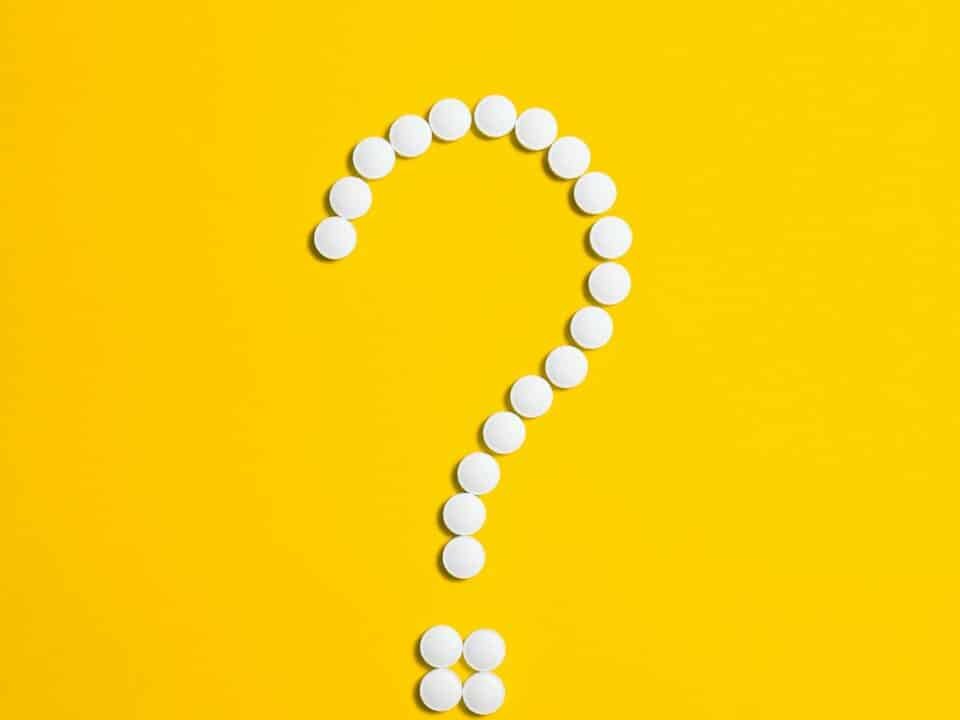
Efficient or Addicted? The Use of Study Drugs
3 September 2020
Addiction, Self-Awareness, and Recovery
3 September 2020What is Dextromethorphan?
Dextromethorphan, also known as DXM, is a cough suppressant found in over-the-counter (OTC) cough and cold medications. In fact, DXM can be found in over 100 easily accessible medications. When used as directed, DXM is a safe and effective product. However, the euphoria and dissociative effects, similar to those of ketamine, which occur at high doses have led to a rise in the abuse of DXM.
Who Abuses Dextromethorphan?
As with any drug, there is a wide-range of different populations who abuse it. However, the legal status, easy over-the-counter accessibility, and low-cost of DXM make it readily available for abuse in teens. Teenagers and parents alike believe that OTC cough and cold medications are safer and less addictive than illegal street drugs. This misconception of safety, in combination with easy access, makes teens looking for a cheap high the most common population to abuse DXM.
What Are the Risks Associated with Dextromethorphan Abuse?
Although OTC cough and cold medications are well-tested and safe when used as directed, when abused or used at excessive levels, the risks of DXM become apparent. When abused, DXM causes slurred speech, loss of coordination, dissociative effects, or the feeling of being detached from one’s body, and hallucinations. Further, DXM is commonly found in cold medications which contain other substances, such as acetaminophen and chlorpheniramine. Although it is possible to isolate DXM, many people who abuse OTC cough and cold medication consume these other substances as well. Taken at high doses, these substances can cause liver damage, rapid heart rate, seizures, and coma, along with other health problems. DXM and the other substances present pose a significant risk to one’s health.
The Warning Signs of Abuse and Addiction
Cough and cold medications which contain DXM are cheap and easy to obtain. Further, it is seen as socially acceptable to buy, as it is commonly used when one has cold symptoms. Therefore, it may be difficult to identify abuse or addiction, specifically in the early stages. As such, it is important to educate teens on the risks of OTC cough and cold medication abuse, as well as to remain vigilant of the subtle signs of abuse and addiction. These subtle signs may include, prolonged medication use after symptoms of a cold have subsided, missing medication from the medicine cabinet, empty cold medication packages in teens’ rooms, backpacks, or cars, changes in eating or sleeping patterns, and changes in friends and activities.
Where to Seek Help
Despite the misconceptions of safety of OTC cough and cold medications, there are many risks associated with abuse and addiction. After prolonged or excessive use, withdrawal from DXM can be uncomfortable and even dangerous. As such, a supervised detox is beneficial for anyone suffering from DXM addiction. Searidge Foundation seeks to create personalized treatment plans for each patient, ensuring a safe, holistic, and lasting recovery.




